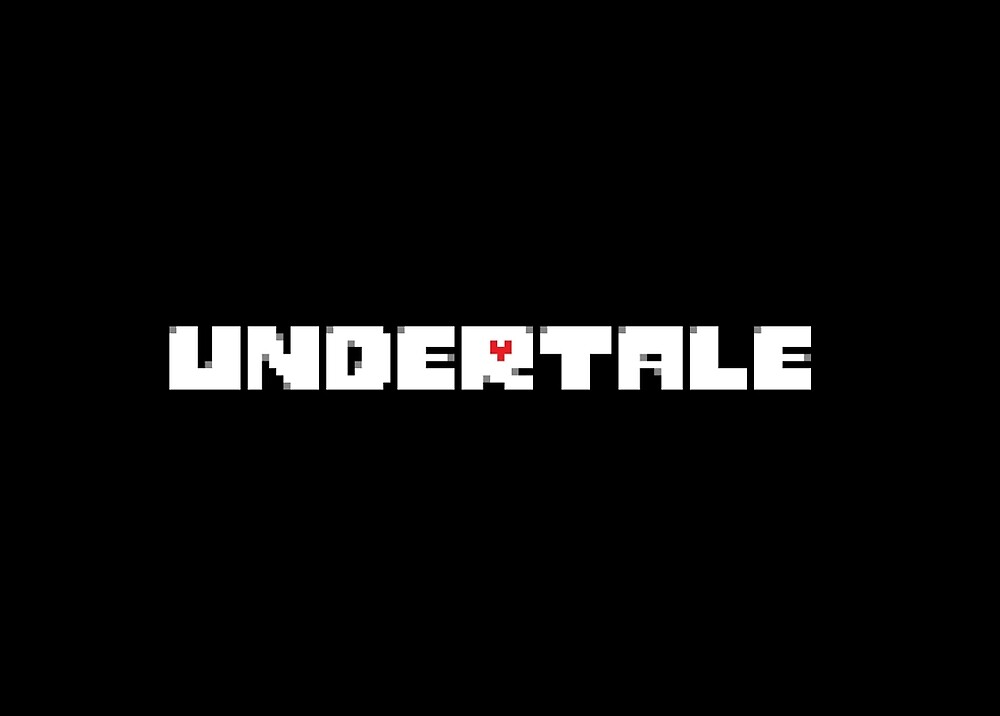Sombra has finally, FINALLY hacked her way into Overwatch, and seems set to do some interesting stuff with the meta. However, today I want to cast that all aside and take a close look at one single aspect of her moveset: her hacking.
 |
| Source |
First, a brief rundown. Sombra’s hacking ability has a 12 second cooldown and may be used on an enemy hero, turret, or healthpack. If applied to a hero, they are unable to use abilities for 6 seconds. If applied to a healthpack, it becomes unusable by the enemy team and recharges faster for one minute. Turrets hacked are useless for 6 seconds. Hacking takes about 1 second and taking any damage stops the hack from going through.
First of all, we must ask what this ability’s intended use is, fairly obvious here. It’s mainly meant to deny area control and mark a target to take out. It is able to deny enemies health regen otherwise available to them, and makes areas covered by turrets safe. If you decide to hack an enemy, however, it takes on a dramatically different use. This ability is one requiring teamwork to effectively utilize. Since Sombra cannot hack while under fire, she relies on the enemy being distracted while she gets her hack off, essentially meaning teammates need to draw fire. Teammates are often needed after the hack goes through as well, since Sombra’s primary fire often will not be enough to kill the enemy by herself. While it is rather situational as a result of these caveats, it’s an incredibly powerful ability if used at the right time, enabling guaranteed picks on a weakened target, or an opening to attack by disabling a dangerous enemy.
And really, the fact that she needs a team to get stuff done with her hack is emblematic of her whole kit. Sombra is, more than anything else, an enabler for her team with this hack. Use it on a D.Va and she’s a sitting duck with no defense. Hack a Reaper or Mei and your team no longer needs worry about their invincibility-granting moves. Sombra’s hack fits the role of making your movements as a team safer rather than faster. She lets you go all in on that Roadhog, knowing he can’t slip away and heal.
On the flipside, she can also blunt the force of an enemy assault, once again ensuring safety for your team. Take Roadhog once again. Many a defense have fallen because Roadhog hooked the healer for a guaranteed kill. Sombra can, if not stop the assault, delay it with a well placed hack, forcing the team to wait as their setup has been taken away from them for a short while. On defense, Sombra fills the role of disruptor, throwing wrenches into the enemy team’s plan and letting her allies bear the brunt of an assault more effectively. Once again, she’s making a team’s defense more secure and safer.
So that’s what her hack is trying to get people to play like. But what about the mechanics of the hack itself, the numbers and effects?
The cooldown is the most interesting number on the move to me. 12 seconds is quite a long cooldown, and in fact the only moves with higher cooldowns are Soldier: 76’s biotic field, Hanzo’s sonic arrow, and Winston’s barrier. This is mainly due to the dual use of it, forcing players to choose between uses of her hack in between engagements. Since Overwatch moves at a pretty rapid pace, most fights take at most 20ish seconds to fully resolve. This means that often if you hack an enemy in the middle of a fight you will lose the ability to hack a healthpack in the aftermath, and if you hack a healthpack you may be without a valuable disrupting tool for much of the next fight.
The cooldown is in place to ensure Sombra can’t quite literally “hack the planet”. She has to decide between area control and teamfight effectiveness at any given time. Area control lasts longer, but it may not matter if one team pushes up past the area you’ve locked down. Teamfight potential can swing a game, but if you don’t punch through the enemy lines you’re giving up a solid defense to fall back on. On a very broad level, you can think of it as risk (Offensive enemy hack) vs. safety (Defensive healthpack hack).
Ok, let’s switch over to the numbers on the enemy, mainly how long the hack lasts for. Those 6 seconds are quite deliberately chosen, as most abilities in the game have an 8 or more second cooldown. Pluck a random ability out of the air, and there’s a good chance it falls in that 8 seconds or higher range. What this means is that it’s totally possible to, in essence, whiff your hack even if you get it off.
Imagine a scenario where Zarya has just shielded herself and an ally, and right after you hack her. Well, that hack isn’t going to do much, as she wouldn’t have been able to use her abilities on cooldown anyway. The cooldown ensures you can’t use it mindlessly, and forces to to stay cognizant of the fight at hand.
One final element adding to the cooldown is the ability to see if an enemy has their ultimate up when you hack them. You’re able to use this ability for recon as well, although it’s generally viewed as a suboptimal use of the hack purely to gain this info. Still, in the scenarios where it is useful in this way, you have a 3rd use if need be.
Last, but certainly not least, is the amount of time needed to execute a hack. It’s about 1.2 seconds, and if Sombra takes any fire at all the hack is cancelled automatically. Nothing too complex here, this is to force Sombra to use it when flanking or working together with an ally to take fire. She can’t get into the fray at full effectiveness.
So, overall, the elements of the hack are:
- Area control by hacking healthpacks
- Safe picks with an offensive hack
- Ability to shut Torbjorn’s turrets down
- Delaying enemy pushes with defensive hacks
- An inability to use it when under fire
When you put it all together, you end up with an ability that’s focused around Sombra’s team rather than Sombra. She can’t hack a turret or enemy in a 1v1, as taking fire renders the hack unable to execute. The health pack hack lasts for a minute, leaving it open for her whole team to use it. She personally doesn’t benefit from defensive hacks as she’s meant to be hard to pin down, but her teammates more in the enemy’s face do benefit.
So, overall if I had to describe this ability in a single sentence…
An area control and team enabling ability used to deny health and ability use to the enemy, making your team safer, yet cannot be used if Sombra is in immediate danger.






